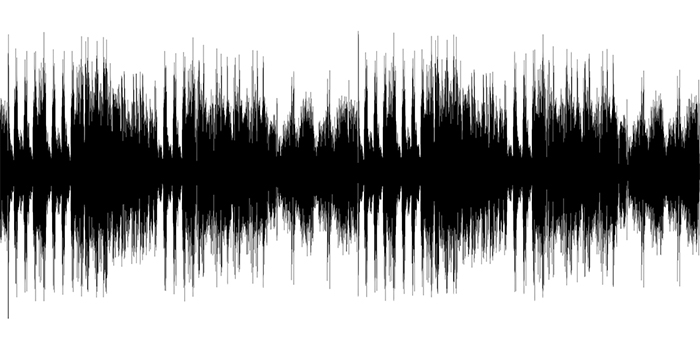
A syndrome that increases the risk of developing schizophrenia is also linked to increased sensitivity to repeated sounds.
The syndrome (known as 22q11.2 deletion syndrome ), is caused by a genetic deletion in chromosome 22, and is associated with birth defects, learning disabilities and hearing loss.
It is also one of the largest known risk factors for schizophrenia, so investigating individuals with 22q11.2DS, could help us to understand how the disease develops.
Predicting risk of developing schizophrenia
People with schizophrenia are less able to spot unusual, ‘odd-ball’ events, such as an unexpected noise. This ability, called ‘mismatch negativity’ (MMN), can be measured by recording brain activity.
Measuring MMN could thus be a promising way to predict schizophrenia, but only a few studies have looked at MMN in 22q11.2DS.
In this follow-up study, Dr Marta Garrido and Dr Melissa Larsen and colleagues in Denmark expected that individuals with 22q11.2DS would have reduced MMN responses - that is, are less likely to respond to unexpected events - even if they had no current or previous history of schizophrenia.
The researchers measured participants’ brain activity while testing their MMN responses using various sounds. Contrary to their expectation, there was no significant difference between the MMN responses of people with 22q11.2DS and those without the syndrome.
However, the researchers found that the people with 22q11.2DS had increased responses to repeated tones.
The team believes that this effect could be due to increased sensitivity to tones and/or decreased connectivity in the part of the brain responsible for processing sounds.
Further work is required to determine if either of these characteristics can be used to identify people who will develop schizophrenia.
The results of this research are helping to guide the team’s current work on how brain networks are affected by the spectrum of psychosis – the idea that almost everyone in a population, even apparently healthy individuals, experience some symptoms of mental illness at some time.
Adapted from The Brain Dialogue. Read the original article.



